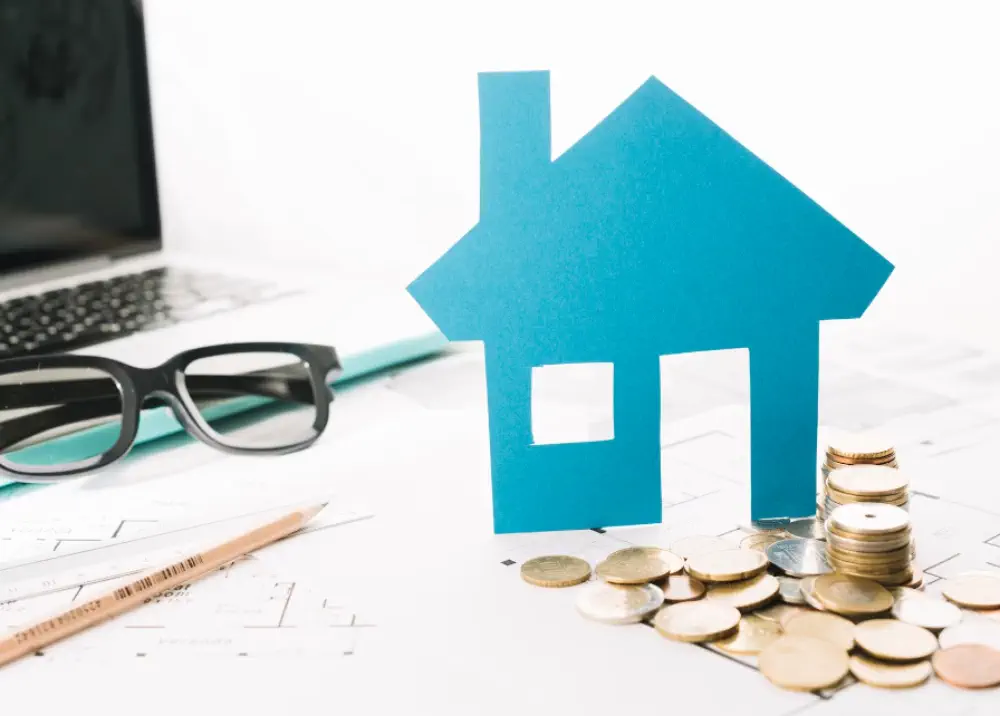Thinking about buying a home? So many people have joined the market over the last couple of years, mainly because of the continued increase in the cost to rent. Owning a home has so many more advantages than renting including the fact that your monthly payments actually build equity in your property. Owning real estate is a smart investment and overtime can become a big payout for you or help to keep your monthly expenses low. However, it’s also a big responsibility, especially when it comes to the financing side of things.
For those who are unfamiliar with the process, it’s important to be aware of the actual expenses that go into buying a home. The safest thing to do is to work with a realtor who will not only walk you through these costs one by one, but assist you in finding affordable solutions, or even try to limit what you have to pay for and what is the sellers responsibility. However, you should never expect any aspect of this process to be cheap or free. Buying a home costs more money than just the final sale price and knowing these expenses upfront can help you to not only be prepared, but to save as well.
Downpayment
If you are considering buying a house you should also consider putting at least 20% down. The downpayment is to show the lender how much money you are willing and able to put towards a loan when you are borrowing money for your purchase. The reason you hear the 20% recommendation is not just because it’s a good idea, but it can actually help you to save money on your mortgage. If you buy a home and you do not put at least 20% down, you will have to pay an additional monthly fee called mortgage insurance.
This fee can be anywhere from $100 to $500 a month in addition to what you are paying back and the interest. To make matters more annoying, when you do finally get to 20% in equity on the property, the only way to get rid of the mortgage insurance is to refinance. That means you will lose the interest rate you already agreed to and have to pay for the refinancing. If you have the ability to put down the fully recommended amount, consider doing it because it will save you thousands early on.
Income-To-Debt Ratio
One of the most confusing aspects of the process is the income-to-debt ratio. The reason it is confusing is because it applies to the debt you have until you actually close. Basically, the lender will look at what you are going to have to pay for the property which includes taxes and insurance. Those numbers will be added to any debt you have including car payments, student loans, credit cards and so forth. If you are over the barrier of 44%, you will not qualify for the loan. The mistake many make is that once they have an agreement in place, they begin to finance furniture and new things for their home.
The problem is that the income-to-debt ratio is not set until you actually close and anything can change it, even the day of closing. That’s why you need to do everything you can to get rid of your debt before you apply for a loan, especially if you are close to the barrier and need to give yourself as much space as possible. Increasing your income is also a good idea if possible like getting a second job. It’s easy to show lenders’ income as long as it is established. However, you cannot lower your debt without providing proof that you have done just that.
Inspection, Appraisal, Closing Cost
During the process of buying a home, you as a buyer will have to cover a number of costs including the inspections, appraisal, and probably the closing costs as well. Your realtor can provide you with a ballpark figure as to what those costs are and it’s important that you know the options and requirements for each. For example, appraisals are not necessary if you are putting down a large percentage of the home cost yourself. That is a way to not only save on getting the house appraised but also eliminate having to pay mortgage insurance.
Getting The House Ready
Once you buy the house you are responsible for any repair work that it may need. This is why the process of closing on the property can take some time and it comes down to being able to work with the seller. If you can have them cover costs on things like replacing the roof, getting the property tented, upgrading the windows or adding a new air conditioning unit, you may be able to pay more for the property so that the seller recoups the money they spent and you do not have to pay for all those things yourself.
However, this responsibility may not be something the seller wants to deal with, especially considering the fact that it may extend the time it takes to close on the deal. Your realtor can help you navigate these waters based on the property you are interested in. In some cases, you can get the agreement price lowered if the responsibility and costs fall on your shoulders. That is another option and something to consider, but you will have to also work with your insurance company to make sure that an older roof our outdated windows will not keep you from getting insured or increase your premiums.
Moving Costs
Never forget that there are costs associated with moving into your new home. Aside from paying movers, you may need to put deposits down with your energy and water providers as well as other companies that provide you with monthly services. Consider the cost of upkeep on the home as well and anything that needs to be fixed immediately is also cost you will have to take on and be prepared for.




